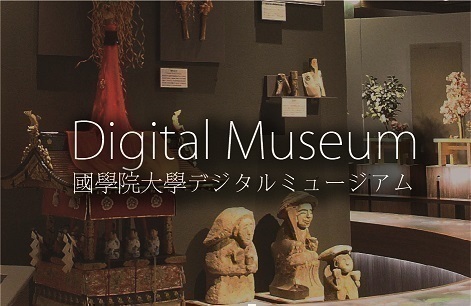- トップ
- Encyclopedia of Shinto
- Tsukimachi, Himachi
Encyclopedia of Shinto
| Main Menu: | |
| Links: |
詳細表示 (Complete Article)
| カテゴリー1: | 5. Rites and Festivals |
|---|---|
| カテゴリー2: | Rituals in Daily Life |
| Title | Tsukimachi, Himachi |
| Text | "Waiting for the Moon," "Waiting for the Sun." Tsukimachi is an occasion when people gather on particular evenings of a lunar cycle (e.g., the 17th, 19th, 22nd, and 23rd) to eat and drink while waiting for the moon to appear to pay homage to it. The gatherings are often organized by religious organizations known as kō, whose members assemble at meeting place established by the event's organizer (tōya); hang a scroll of the moon god, Tsukuyomi no Mikoto, in the tokonoma alcove; light votive candles; and wait for the moon to appear. The idea of making Tsukuyomi no Mikoto an object of worship (saijin) owes itself to the interpretations of Edo Period Shintō scholars; originally, the moon itself was worshipped as an object in which the spirit of the kami resides (shintai). The designation for moon-waiting groups accords with the day of the cycle on which they assemble, i.e., the jūshichiya-kō (Confraternity of the 17th night), jūkuya-kō (Confraternity of the 19th night), the nijūniya-kō (Confraternity of the 22nd night), and the nijūsan'ya-kō (Confraternity of the 23rd night). The last of these is the most widespread; it is also called san'ya-machi (third night waiting), san'ya-sama (honored third night), and sanya-kuyō (third-night memorial service). One frequently finds a tower for the 23rd night gathering erected in a corner of a hamlet or village. Moon-waiting confraternities that meet every month are rare; they are usually held only in the months of January, May, September, and November. Himachi is an occasion when the faithful gather on special days determined by the Chinese zodiac such as ka-no-e-saru (also read kōshin; a special day in the sexagenary cycle on which the day of the monkey and the element metal fall together), ki-no-e-ne (a special day on which the day of the rat and the element wood fall together), and mi-no-hi (day of the snake). They hold an all-night vigil and then worship the dawn. Because the participants in moon- and sun-waiting events are required to make ablutions, take baths, and don clean clothes, scholars believe that such events were originally a purification ritual (igomori) based the principles of shōjin-kessai (purifying oneself by abstaining from eating meat or fish). — Iwai Hiroshi |




